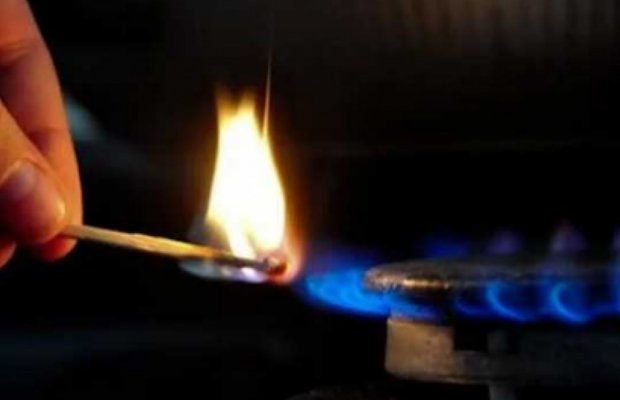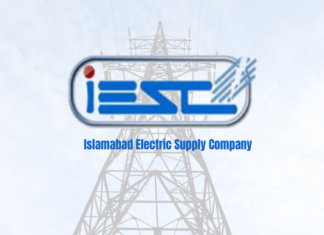Sui Northern Gas Pipelines Limited (SNGPL), in response to concerns over the recent gas price hike, said that approximately 60% of its consumers, or 4.4 million individuals, qualify as protected consumers, and their gas bills in February remained under Rs 2,000.
A company spokesperson outlined that 94% of the gas price is attributed to the costs associated with procuring gas. The remaining portion covers the Return on Capital Employed (ROCE). Additionally, operational expenses, which include the costs of labor, constitute only 4% of the total gas price.
SNGPL clarified that all of its gas procurement contracts are priced in US dollars and are tied to the market prices of crude or Brent oil.
Furthermore, there is a policy to adjust local gas prices every six months. A notable factor contributing to the increase in prices is the seasonal reduction in local gas supply during winter, leading to a marked scarcity of Regasified Liquefied Natural Gas (RLNG) for domestic users.
The company also highlighted the discrepancy between the cost and selling price of RLNG. While the average price of RLNG stands at approximately Rs 3,500, the average selling price in the domestic sector is pegged at around Rs 1,100. This disparity has led to a significant shortfall of Rs 231 billion due to RLNG supply issues, significantly impacting the overall gas prices.
By incorporating ROCE into its pricing structure, SNGPL aims to ensure the sustainability of gas supply nationwide. The statement further noted a record increase of Rs 69 billion in local gas prices. However, for consumers categorised under the ‘protected’ segment, the average gas rate is maintained at Rs 513, which is below the procurement cost of Rs 1,674 per MMBtu.
The gas company said that approximately 60% of gas consumers, or 4.4 million individuals, qualify as protected consumers. Their gas bills in February remained under Rs 2,000, inclusive of taxes.
Moreover, SNGPL anticipates providing subsidies amounting to Rs 12.8 billion during the fiscal year 2023-24 to support its consumers.
Since 2002, the Oil and Gas Regulatory Authority (OGRA) has been conducting public hearings to assess the revenue needs of gas companies. The next hearing, scheduled for the fiscal year 2024-25, will commence on July 1, 2024. SNGPL anticipates that immediate changes to gas prices are unlikely to occur as a direct outcome of this hearing.

























when there is shortage of wheat and we use to import wheat so how can we export flour what a strange policy
same consumption but different bills even the bills of least consumers are more then more consumers. bullshit policy
choro ki hakumat hai .
MAJID
Apply for jobs
Ya Allah Sui gas department walon ko kuty ki mot Ata farmana
Flawed policies, atleast they should accommodate domestic consumers and take concrete measures to combat corruption (a menace that has ruined our nation), both inside and outside.